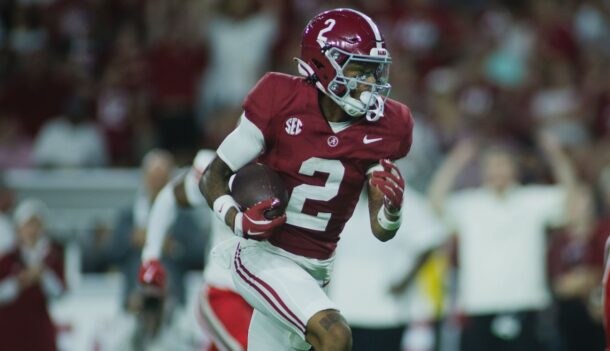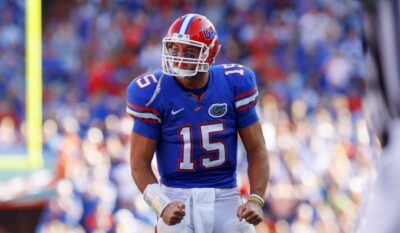
LSU out-gained Alabama 306 yards to 299 and the Tigers possessed the ball for more than 34 minutes.
Offensive coordinator Matt Canada and defensive coordinator Dave Aranda both had well-conceived plans for how the 19th-ranked team in the country could compete with the No. 2 team.
All in all, the Tigers’ 24-10 loss to the Crimson Tide on Saturday night at Bryant-Denny Stadium was a respectable performance by a 21-point underdog.
But coaches and players go into every game believing that if they execute their plan to the best of their ability, their reward will be a victory — regardless of rankings, point spreads or others’ expectations.
“We came here to beat Alabama,” LSU coach Ed Orgeron said afterward.
Realistically, the Tigers were going to have to play a nearly flawless game to end their six-game losing streak against the Crimson Tide. They didn’t, as Danny Etling threw an interception that led to an Alabama touchdown and 14-0 deficit, D.J. Chark missed on a couple of opportunities to make big plays in the passing game and the defense failed to create turnovers.
By definition, less talented teams have smaller margins for error than more talented ones. LSU had the lesser talent and committed more errors.
Still, it was respectable.
In the big picture, LSU judges itself by its ability to consistently compete for SEC and national championships, which during this decade has equated to how well it competes against Alabama. It has lost ground in that regard in the last few years.
But in the context of 2017, for a team that got blown out by Mississippi State, lost at home to Troy, is lacking depth on both the offensive and defensive lines and has play-making limitations at quarterback, Saturday’s performance was about as competitive as could be expected.
The pressure is on Orgeron, Canada, Aranda and the rest of the coaching staff to have the necessary success in recruiting to fix the big-picture shortcomings.
But as for the here and now, the Tigers’ defense played well enough to keep the game from getting out of hand and the offense was improved from last year’s 10-0 loss, just not enough to seriously threaten the now 9-0 Crimson Tide.
The performance demonstrated that LSU is a better team in November than it was in September and is in position to finish strongly.
Orgeron said there are a lot of believers in the locker room.
There are good reasons for self-belief from this team, which had won three straight games before Saturday.
The defense — thanks to a much-improved front led by a healthier Arden Key, a healthier Rashard Lawrence, a consistently good Devin White and a consistently good Christian LaCouture — is playing the best it has all season.
An offensive line featuring two freshman starters is growing up, slowly but surely, allowing Darrel Williams and a healthier Derrius Guice to provide the formidable one-two punch that was less formidable early on because of Guice’s leg injury.
Now, nine games into his first season with the Tigers, Canada seems to be getting a better feel for how to choreograph his system with players he inherited rather than hand-picked.
LSU has a 6-3 record (3-2 in the SEC) with a reasonable opportunity to put together a second three-game winning streak.
The final quarter of the regular season is comprised of opponents that are playing, to varying degrees, for their head coaches’ jobs — Arkansas (Bret Bielema), Tennessee (Butch Jones) and Texas A&M (Kevin Sumlin).
Saturday night showed that the Tigers have a lot of work to do before they can catch Alabama, but the remaining opponents show that things could be worse.
Les East is a New Orleans-based football writer who covers LSU for SaturdayDownSouth.com. Follow him on Twitter @Les_East.







